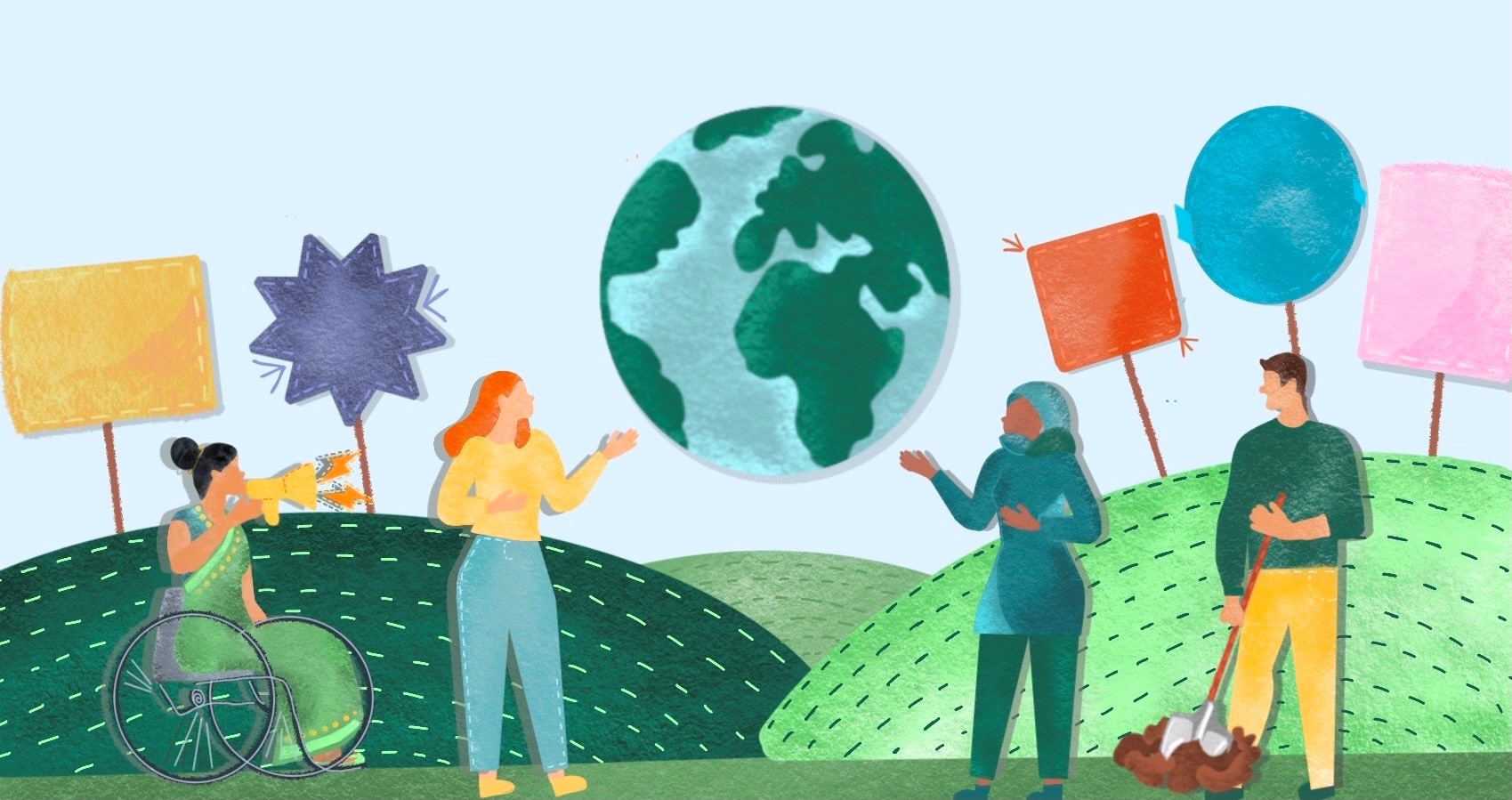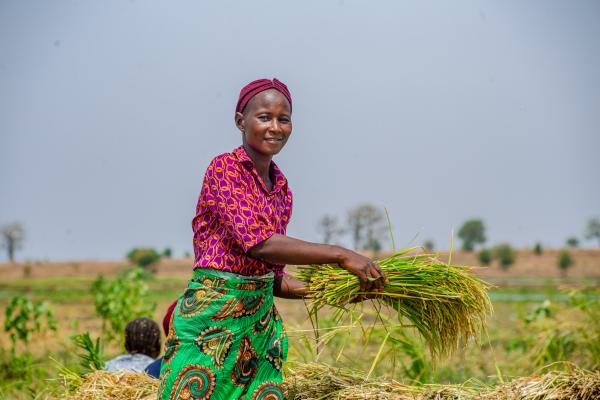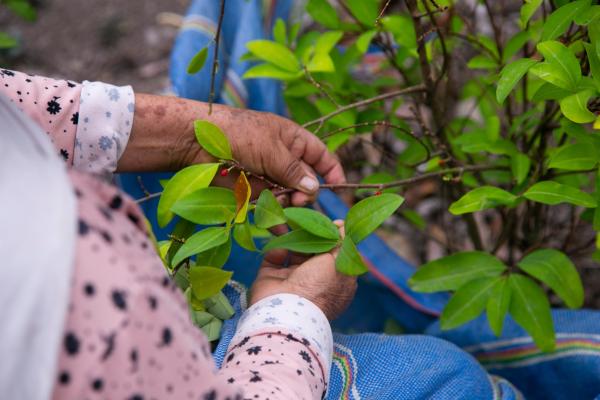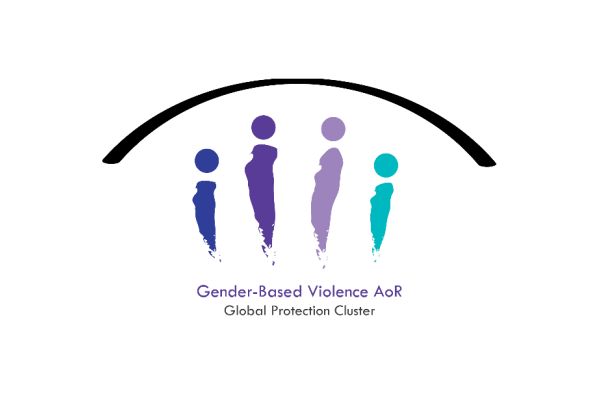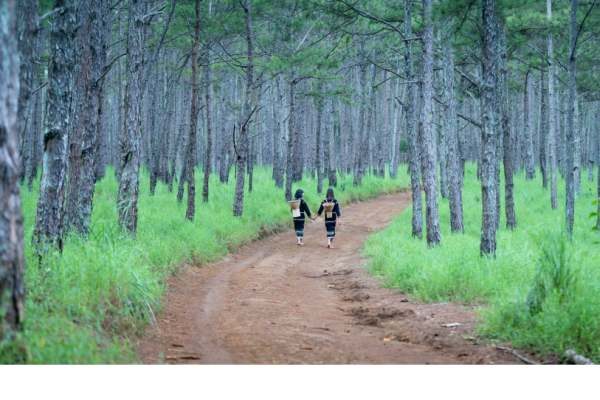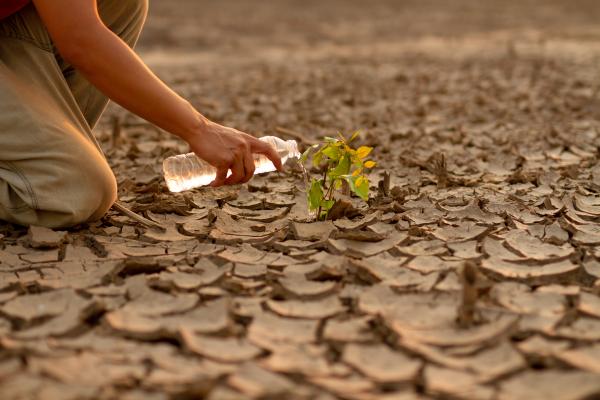Reflections on CoP 26 and the opportunities for women in the voluntary carbon markets
By Sue Phillips
Sue Phillips reflects on the opportunities presented by voluntary carbon markets to empower women and promote gender equality. From COP26 agreements to gender-focused initiatives, this blog discusses how climate finance can drive inclusive projects and amplify women's roles in combating climate change.
